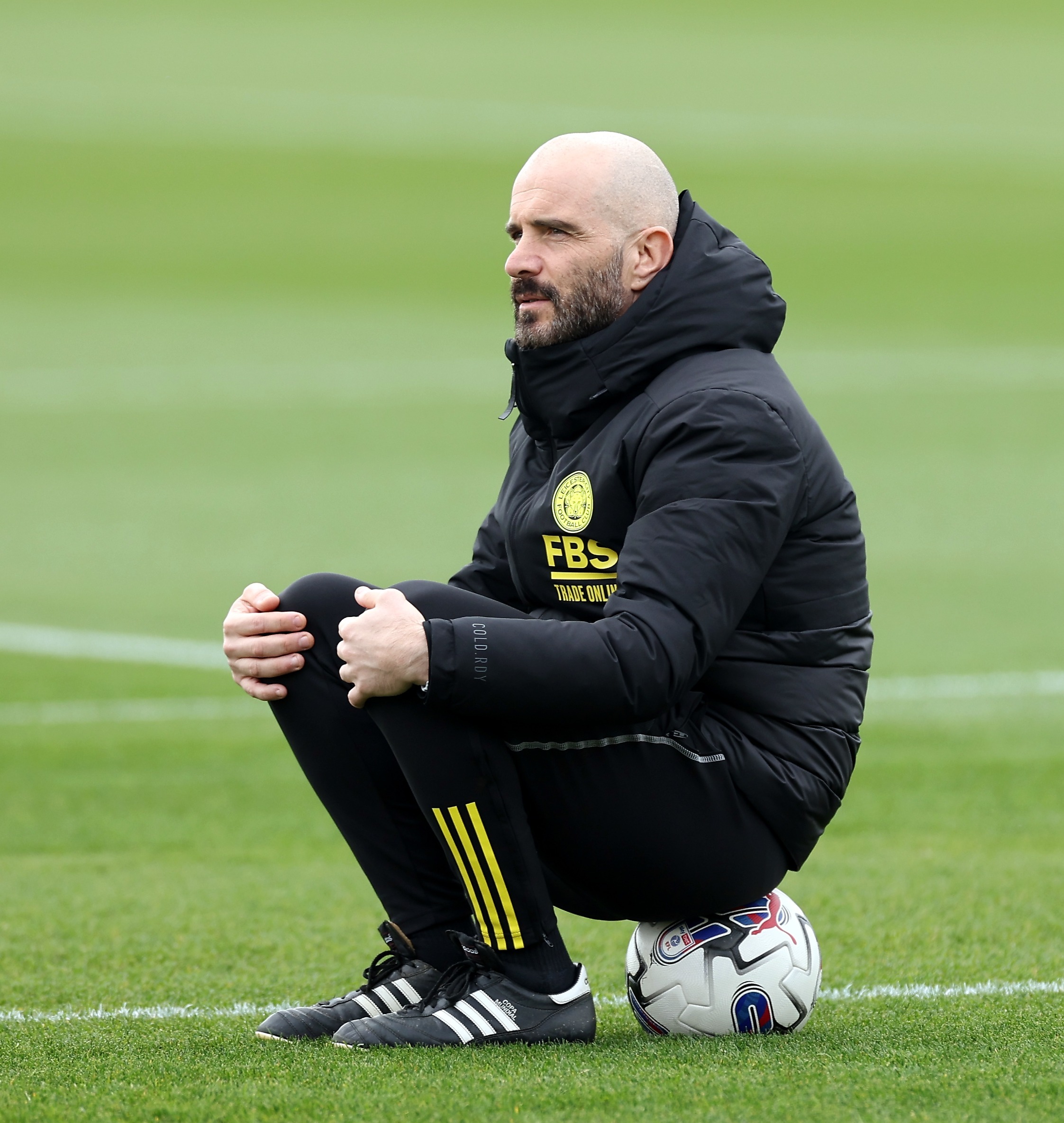Scouting for Talent
Leicester City is pushing forward with their scouting efforts in Brazil, despite uncertainties surrounding their promotion prospects and Financial Fair Play (FFP) issues. The club has dispatched top scout Sean St Ledger to South America in search of potential bargains as they eye a return to the Premier League.
Manager's Mission
Manager Enzo Maresca is determined to bolster the squad's quality after losing a significant lead in the Championship. Hoping to replicate past success stories like Jamie Vardy and Riyad Mahrez, Maresca sees Brazil as a promising source for hidden gems at competitive prices.
Financial Hurdles
While Leicester made some signings in the summer, financial constraints hindered further recruitment in the January transfer window. Despite a recent dip in form, the Foxes are still in contention for promotion, sitting second in the Championship with hopes of securing a Premier League return.
FFP Challenge
Leicester's financial troubles have raised concerns about potential points deductions if they secure promotion. The club faces accusations of breaching Profit and Sustainability Rules, leading to legal disputes with football authorities that could impact their future Premier League campaigns.

Potential Setback
If Leicester clinches promotion, they might start their next Premier League season with a deficit due to ongoing FFP issues. The club's lone Brazilian player, Tete, symbolizes their international scouting ambitions amidst challenging circumstances both on and off the field.
Frequently Asked Questions
How does one become a proficient football goalkeeper?
Becoming an excellent goalkeeper requires special training that focuses on agility, positioning, and reflexes. Goalkeepers need to be adept at stopping shots, controlling the penalty box through punching and catching, and also distributing with both their feet and hands. Goalkeeping is also a combination of mental resilience, making decisions under pressure, and communicating effectively with the defense. To master the art, you must practice regularly, get constructive feedback from your coaches and analyze your performances to identify improvement areas.
How important are a footballer’s diet and nutrition to him?
A footballer’s recovery and performance are largely influenced by nutrition. It is vital to have a healthy, balanced diet, which includes the right mix of carbohydrates, protein, fats, vitamins and minerals. Hydration is also critically important, as dehydration can significantly impair physical performance. Training and match schedules can affect the timing of meals. Sports nutritionists are often consulted to develop a personalized diet plan.
How can I improve my football skill by staying motivated?
To stay motivated and focused, it is important to set clear goals that you can achieve and track your progress. Regularly reviewing performances in training and matches can help identify both strengths to build upon and areas to improve. Finding a partner to train with or joining a team of players can encourage perseverance by creating supportive relationships. Visualizing success and keeping a good attitude can also help motivate. To maintain motivation and focus, it is important to incorporate variety into training routines.
Explain the offside rule to me.
The offside law is an important aspect of football that aims to prevent players gaining unfair advantage. A player in offside is one who has any part (head, body, feet) in the opposition’s half, which is closer to opponent’s line of goal than both the player and ball. Offside is not a crime in and of itself. However, it can become a criminal offense if he or she actively interferes in play, gains an unfair advantage, or gets in the way of an opponent.
What are some of the most important skills to excel at football?
To play the best football possible, a player needs to have a mix of technical skills, tactics, physical abilities, and mental capabilities. Technical skills can include ball control and dribbling. They also include passing and shooting. Tactical knowledge includes understanding the game such as position, movement and decision making. Speed, endurance and power are important physical attributes for performance. Finally, mental toughness, focus, and the ability to remain calm under pressure are critical for maintaining performance throughout a match.
Statistics
- Players with a balanced diet containing adequate macronutrients have a 30% lower injury rate than those with less balanced nutritional habits.
- A consistent mental focus regimen, including visualization techniques, can enhance player concentration levels by up to 20% during matches.
- Coaches who engage in continuous professional development contribute to a 40% better win ratio for their teams.
- Goalkeepers who engage in specialized reaction-time training reduce their goals-conceded tally by an average of 25% over a season.
- Teams that prioritize teamwork in training sessions increase their passing accuracy by an average of 15% in competitive matches.
External Links
uefa.com
myfootballcoach.com
soccercoachweekly.net
fifa.com
ffacoach.com
How To
How To excel as a Football Goalkeeper
To excel as a goalkeeper, invest time into developing your reflexes, diving technique, and shot-stopping abilities. To improve your ability to move efficiently and quickly across the net, engage in drills that will help you develop your footwork. Practice controlling the penalty area and dealing with crosses to build confidence in your defence. Examining your video footage will give you valuable insight on how to improve your play. The importance of physical conditioning, particularly in the upper body, and flexibility is vital to prevent injuries as well as enable powerful dives, throws, and throws.

